Navigating Trademark Issues During March Madness
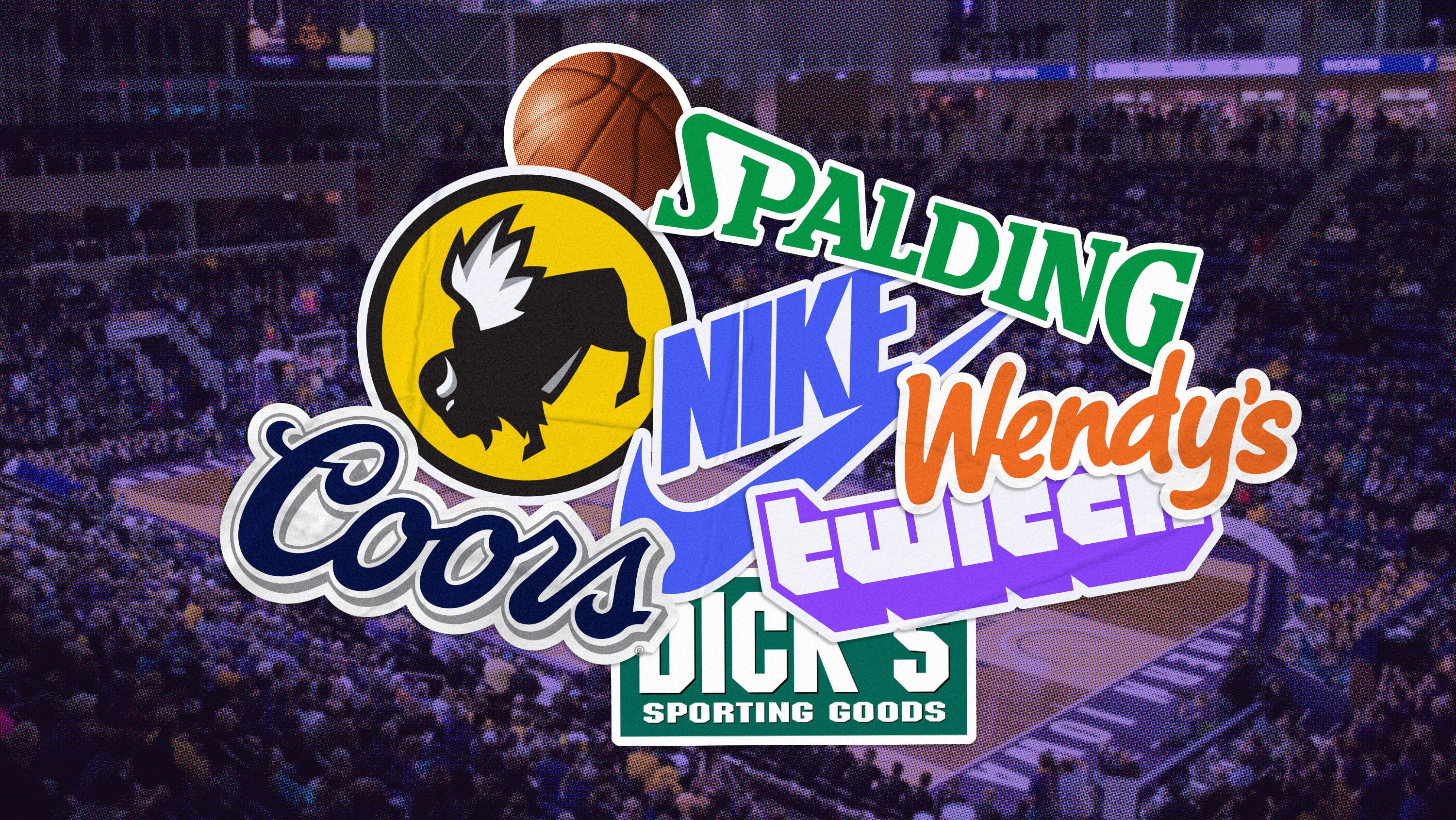
Table of Contents
Understanding Trademark Infringement in the Context of March Madness
What Constitutes Trademark Infringement?
Trademark infringement occurs when someone uses a trademark that is confusingly similar to your registered trademark without your permission. This includes using similar logos, names, slogans, or even packaging that could mislead consumers into believing there's an affiliation with your brand. The implications can be severe, ranging from financial losses to damage to your brand reputation. During March Madness, the heightened consumer interest creates a ripe environment for infringement.
- Examples of potential infringement scenarios:
- Selling counterfeit merchandise bearing logos resembling those of participating colleges or the NCAA.
- Using a confusingly similar logo on social media posts promoting unofficial March Madness events or products.
- Creating a website with a name that incorporates a college's mascot or a similar term related to March Madness.
Protecting Your Brand's Trademark During March Madness
Proactive measures are essential for preventing trademark infringement. This starts long before the first tip-off. A strong brand protection strategy is key to maintaining control over your intellectual property during this peak season.
- Strategies for brand protection:
- Register your trademarks: Ensure your trademarks are properly registered with the relevant authorities. This gives you legal standing to take action against infringers.
- Actively monitor online activity: Regularly search online platforms, including social media, e-commerce sites, and search engines, for unauthorized use of your trademarks. Utilize trademark monitoring services to enhance this process.
- Send cease and desist letters: If you discover infringement, promptly send cease and desist letters to the infringing party demanding they stop the infringing activity. Legal counsel should be sought before sending such a letter.
Common Trademark Issues During March Madness
Counterfeit Merchandise and Online Sales
The surge in demand for March Madness merchandise creates a breeding ground for counterfeit goods. Online marketplaces are particularly vulnerable to the sale of fake jerseys, hats, and other branded items. Selling counterfeit merchandise is a serious offense, with potential legal consequences including hefty fines and even criminal prosecution.
- Risks of purchasing counterfeit goods:
- Poor quality: Counterfeit merchandise is often made with inferior materials and lacks quality control.
- Safety hazards: Counterfeit products may pose safety risks due to the use of substandard materials or manufacturing processes.
- Supporting illegal activities: Purchasing counterfeit goods helps fund organized crime and undermines legitimate businesses.
Social Media and Brand Mentions
Social media plays a huge role during March Madness, with fans actively engaging in discussions and sharing their opinions. However, this also presents challenges for brands. Unauthorized use of trademarks on social media, even in seemingly innocuous ways, can still constitute infringement.
- Best practices for social media:
- Monitor mentions: Use social media monitoring tools to track mentions of your brand and trademarks.
- Engage with fans responsibly: Interact with fans in a positive manner, addressing any potential confusion or concerns about trademark usage.
- Address infringement promptly: Take swift action to address any unauthorized use of your trademarks on social media.
Sponsorship and Licensing Agreements
Securing proper licensing agreements is crucial for brands involved in March Madness-related products or promotions. Using trademarks without authorization can lead to significant legal repercussions.
- Benefits of official licensing:
- Access to authorized merchandise: Official licensees provide high-quality, authentic products.
- Avoidance of legal issues: Licensing agreements protect you from infringement claims.
- Association with the official event: Official licensing associates your brand with the prestige of March Madness.
Legal Recourse for Trademark Infringement
Cease and Desist Letters
A cease and desist letter is a formal notice sent to the infringing party, demanding they immediately cease the infringing activity. It's a crucial step in protecting your trademarks.
- Key elements of a cease and desist letter:
- Identification of the infringing activity: Clearly describe the specific actions that constitute infringement.
- Demand for cessation: Explicitly demand that the infringing party immediately stop the unauthorized use of your trademarks.
- Potential legal action: Warn the infringing party of the potential consequences of continued infringement, including legal action.
Legal Action
If cease and desist letters are ineffective, you may need to pursue legal action. This can involve filing a lawsuit to obtain injunctive relief (stopping the infringement) and monetary damages.
- Legal remedies for infringement:
- Injunctions: Court orders requiring the infringing party to stop using your trademarks.
- Damages: Compensation for financial losses caused by the infringement.
- Attorney fees: Reimbursement for the legal costs incurred in pursuing the case.
Conclusion
Navigating trademark issues during March Madness requires a proactive and comprehensive approach. Understanding trademark infringement, monitoring online activity, and having a plan in place for addressing infringement are all critical aspects of protecting your brand. By taking these steps and effectively navigating trademark issues during March Madness, you can safeguard your intellectual property and ensure your brand’s success during this exciting, yet legally complex, time. Protecting your brand during March Madness and beyond requires vigilance. Consult with a trademark attorney to develop a robust brand protection strategy and to effectively navigate trademark issues during March Madness, avoiding legal issues related to March Madness trademarks.

Featured Posts
-
 Zendayas Sister Speaks Out Cancer Battle And Family Rift
May 07, 2025
Zendayas Sister Speaks Out Cancer Battle And Family Rift
May 07, 2025 -
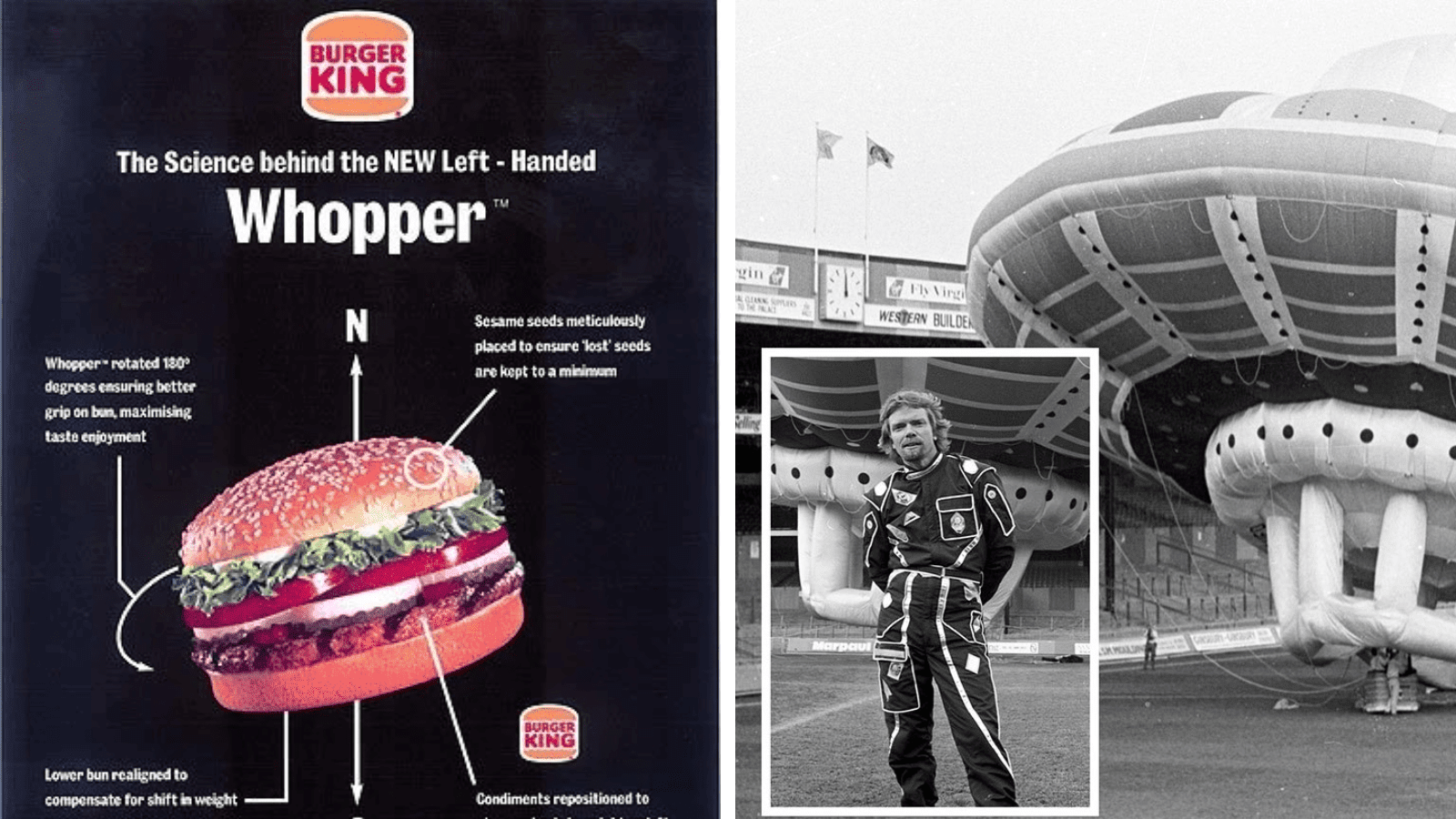 The Most Hilarious April Fools Pranks In History
May 07, 2025
The Most Hilarious April Fools Pranks In History
May 07, 2025 -
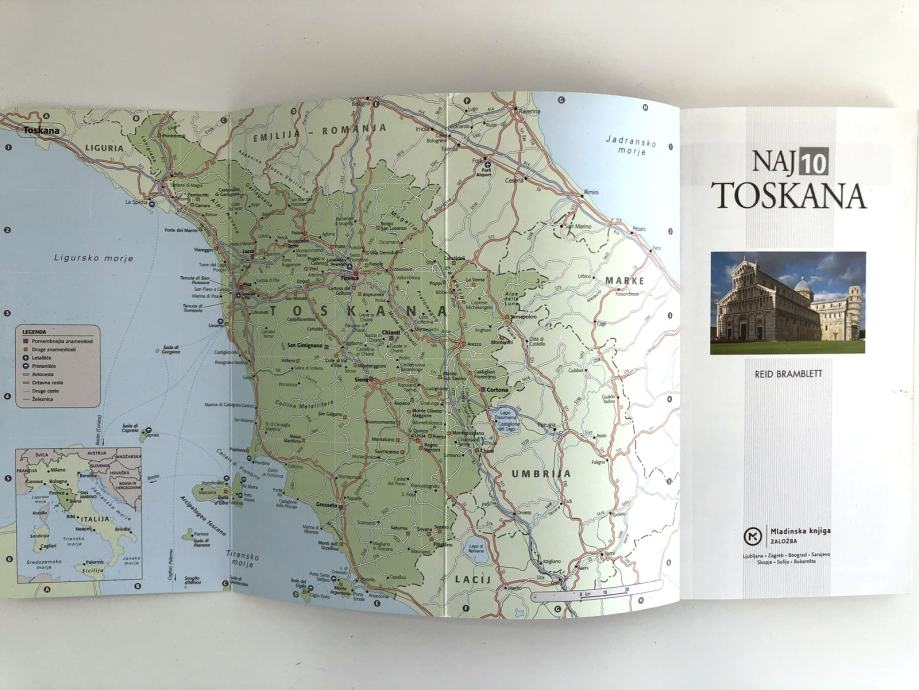 Vodni Festival Songkran Vodnik Za Popotnike
May 07, 2025
Vodni Festival Songkran Vodnik Za Popotnike
May 07, 2025 -
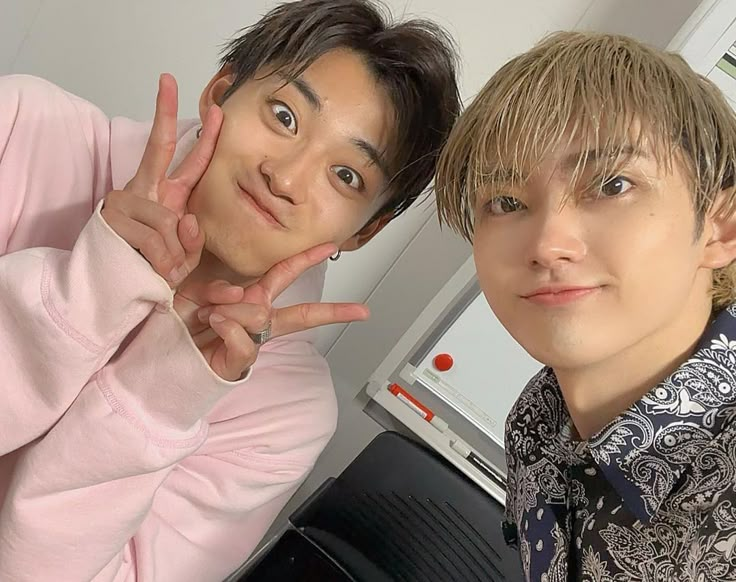 Ep Why Dont You 12
May 07, 2025
Ep Why Dont You 12
May 07, 2025 -
 Strengthening Resilience In Least Developed Countries The Third Ldc Future Forums Legacy
May 07, 2025
Strengthening Resilience In Least Developed Countries The Third Ldc Future Forums Legacy
May 07, 2025
Latest Posts
-
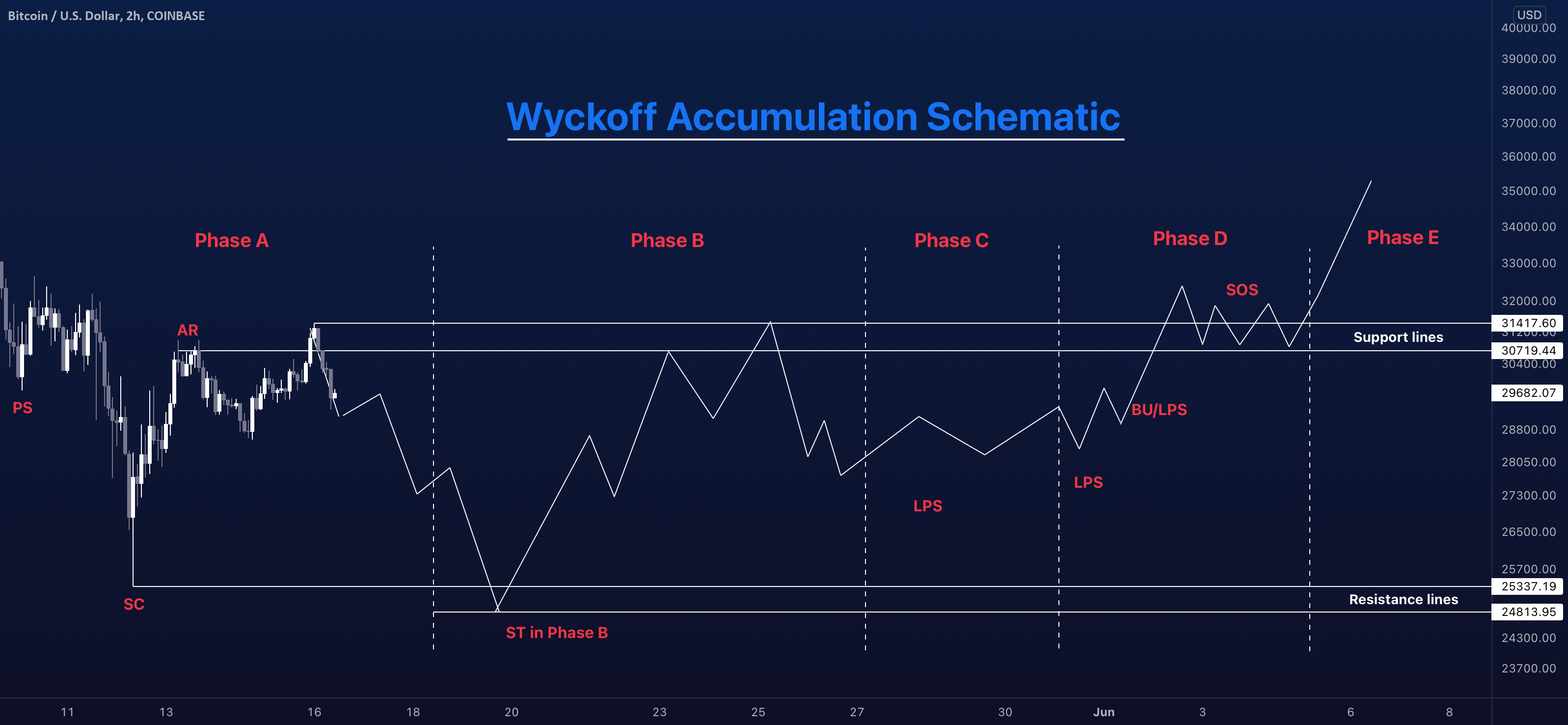 Ethereums Price Action Suggests 2 700 Is Achievable Wyckoff Accumulation Explained
May 08, 2025
Ethereums Price Action Suggests 2 700 Is Achievable Wyckoff Accumulation Explained
May 08, 2025 -
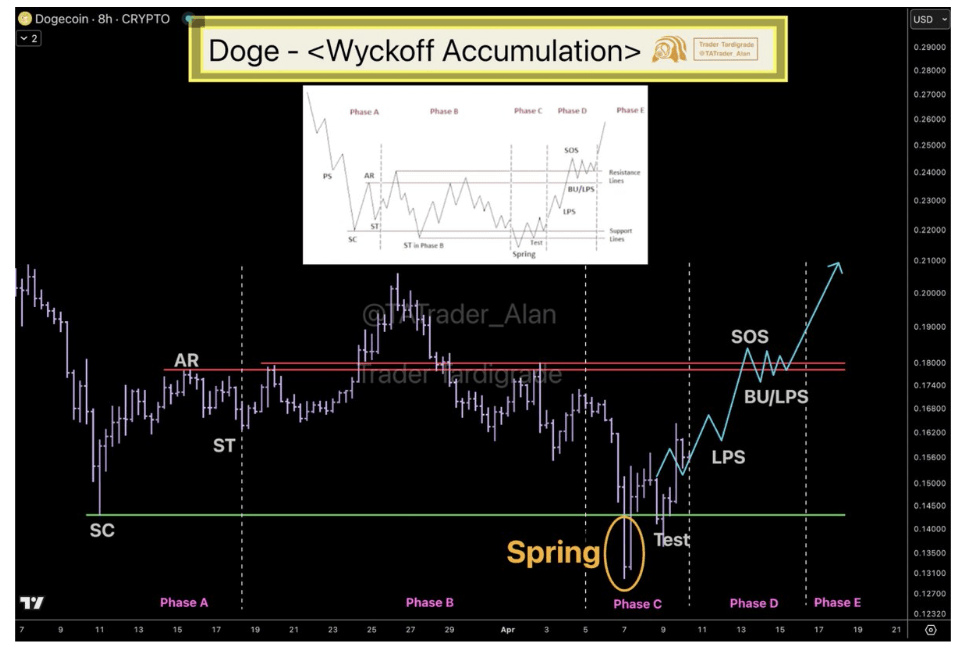 Technical Analysis Ethereums Potential 2 700 Surge Based On Wyckoff
May 08, 2025
Technical Analysis Ethereums Potential 2 700 Surge Based On Wyckoff
May 08, 2025 -
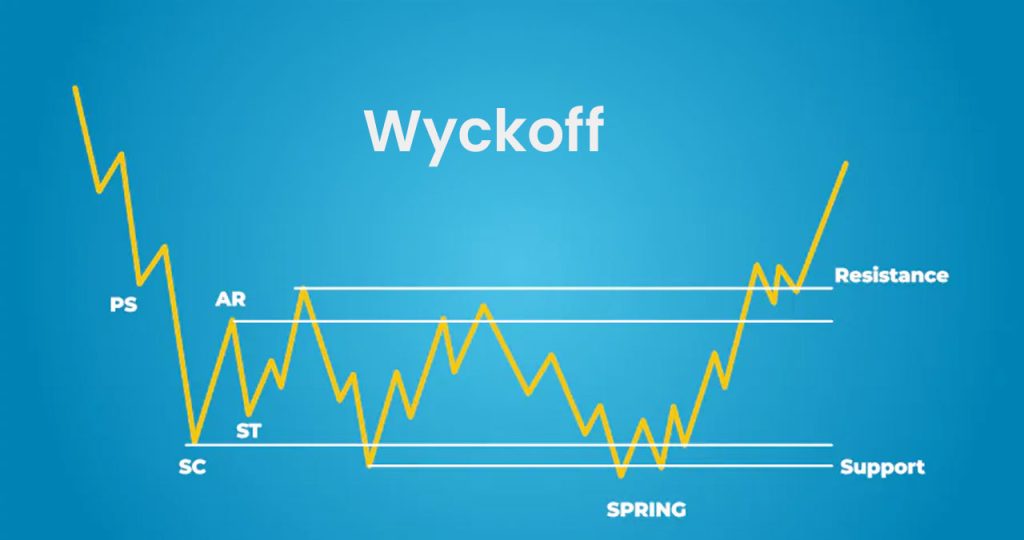 Ethereum Price Analysis 2 700 On The Horizon Wyckoff Accumulation Hints At Rally
May 08, 2025
Ethereum Price Analysis 2 700 On The Horizon Wyckoff Accumulation Hints At Rally
May 08, 2025 -
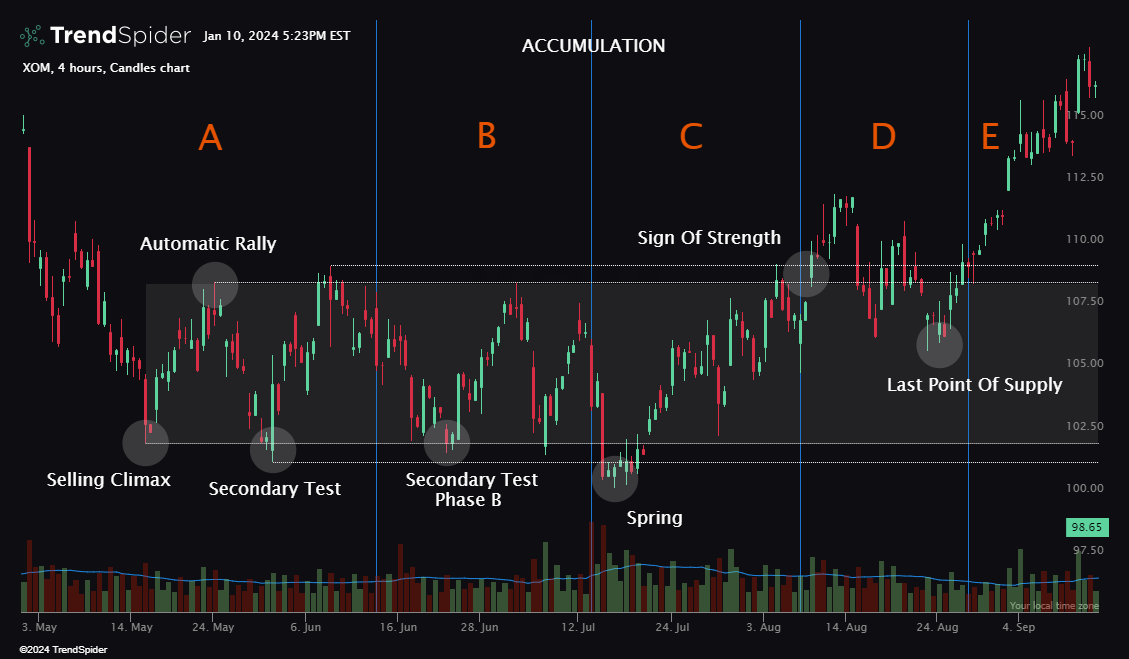 Ethereum Price To Hit 4 000 Cross X Indicators And Institutional Accumulation Suggest A Bullish Trend
May 08, 2025
Ethereum Price To Hit 4 000 Cross X Indicators And Institutional Accumulation Suggest A Bullish Trend
May 08, 2025 -
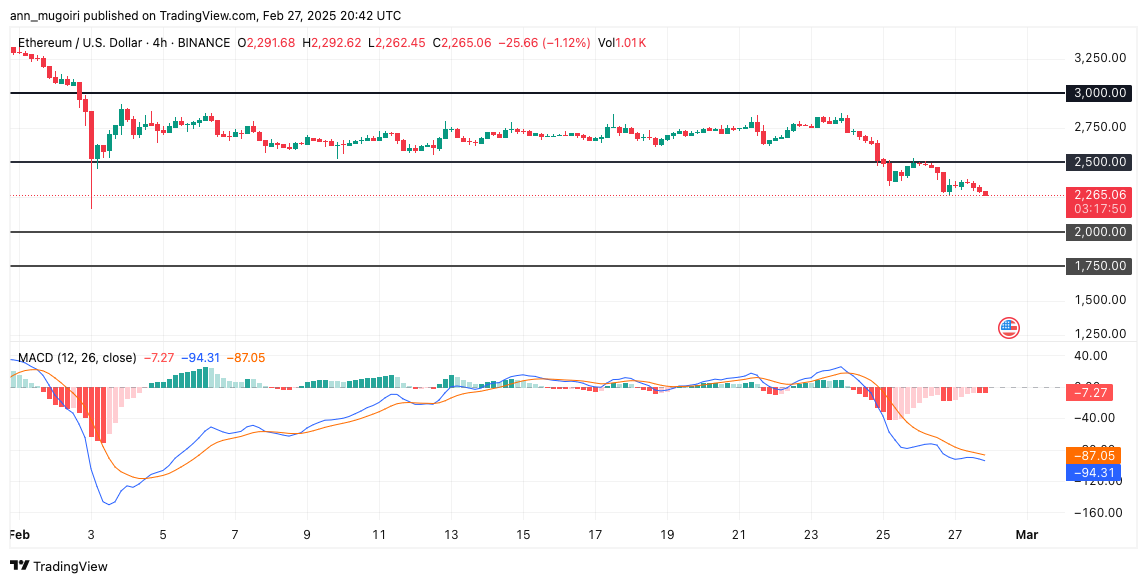 Wyckoff Accumulation In Ethereum Price Poised For 2 700 Breakout
May 08, 2025
Wyckoff Accumulation In Ethereum Price Poised For 2 700 Breakout
May 08, 2025
